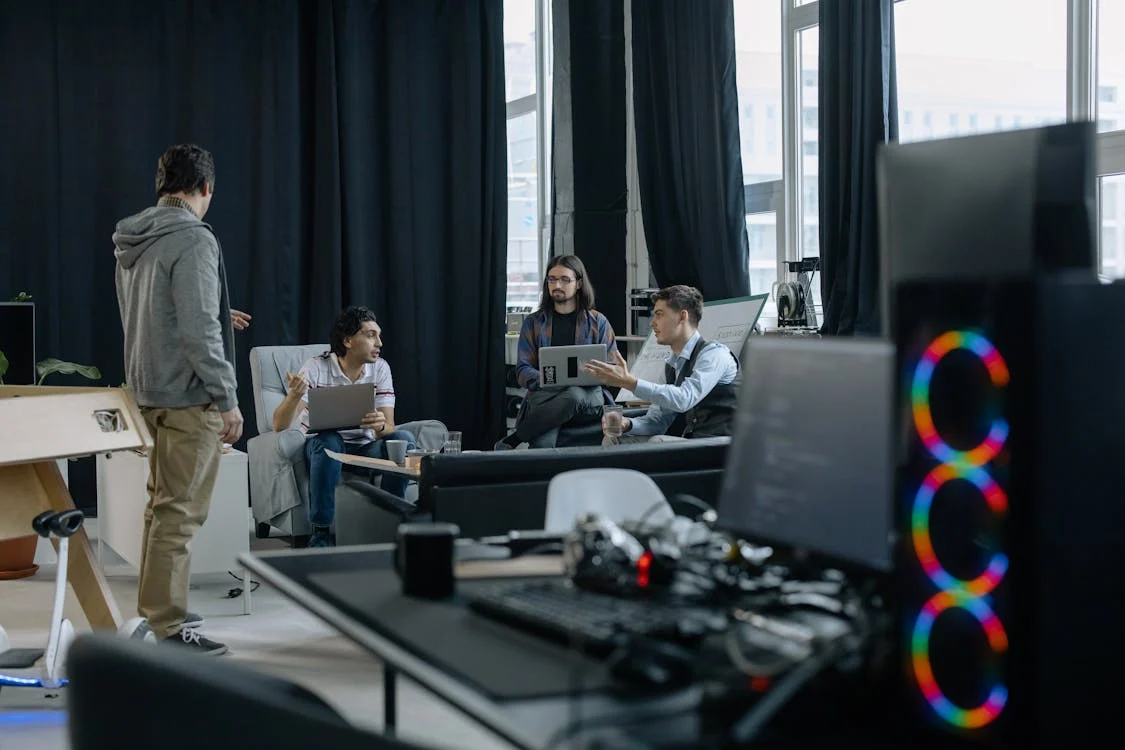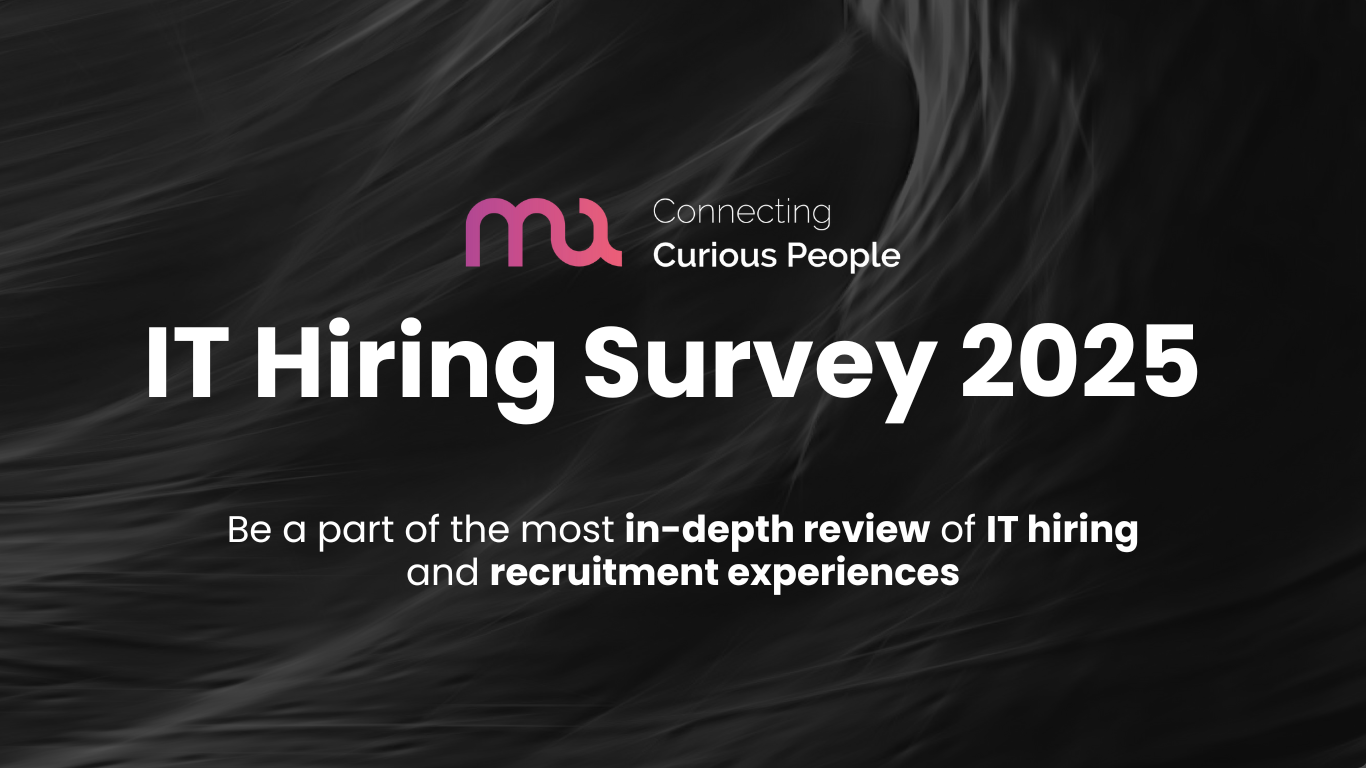Where Is the Workforce Least Ready to Meet Upcoming Demands of AI Technology?
26 Aug, 20245 minsIn an episode of Careers in the Cloud, we sat down with Cem Yöndem, VP of Digital Customer R...

In an episode of Careers in the Cloud, we sat down with Cem Yöndem, VP of Digital Customer Relationships at Schneider Electric, to discuss the readiness of the global workforce to meet the rapidly evolving demands of artificial intelligence (AI) technology. As AI continues to integrate deeper into various industries, Cem highlighted several critical areas where the workforce is currently underprepared to meet the future challenges posed by AI.
The Skills Gap in AI and Data Literacy
One of the most pressing concerns raised by Cem is the widening skills gap in AI and data literacy. He pointed out that while many organizations are eager to adopt AI technologies, there is a significant shortage of professionals who have the necessary skills to effectively implement and manage these technologies. "We are seeing a tremendous interest in AI across various sectors," Cem explained, "but the workforce often lacks the fundamental understanding of data science and machine learning needed to support these initiatives."
Cem emphasized the importance of developing not just technical skills, but also a strong foundational knowledge of AI principles among non-technical employees. "It's not just about coding or knowing how to use AI tools," he said. "It's about understanding the implications of AI, how to interpret AI-driven insights, and how to apply these insights strategically to drive business value." This knowledge is essential for bridging the gap between AI capabilities and business needs.
Ethical Considerations and AI Governance
Another critical area where the workforce is lagging, according to Cem, is in the realm of ethical considerations and AI governance. As AI systems become more complex and autonomous, ensuring ethical use becomes paramount. "There's a real lack of awareness and training around the ethical use of AI," Cem noted. "Many professionals are not fully equipped to recognize and address biases in AI algorithms or to ensure that AI-driven decisions align with ethical standards."
Cem highlighted the need for more comprehensive education and training programs focused on AI ethics and governance. "Organizations need to invest in training that covers not just the 'how' of AI, but also the 'why'—why ethical considerations matter and how they can be integrated into AI strategies from the ground up."
Adapting to AI-Driven Workplace Changes
The impact of AI on job roles and workplace dynamics is another area where Cem sees a readiness gap. As AI takes over more routine tasks, the nature of many jobs is expected to change dramatically. "Employees need to be prepared for this shift," Cem warned. "They need to be adaptable, with a mindset geared towards continuous learning and upskilling."
Cem stressed that businesses should prioritize reskilling and upskilling initiatives to prepare their workforce for these changes. "It's crucial for organizations to create a culture of lifelong learning, where employees are encouraged and supported to develop new skills that complement AI technologies rather than compete with them."
The Need for Strategic Leadership in AI Adoption
Lastly, Cem pointed out the necessity for strategic leadership when it comes to AI adoption. He observed that many leaders are eager to jump on the AI bandwagon without a clear strategy or understanding of how to integrate AI effectively into their operations. "Leadership plays a crucial role in how AI is adopted and implemented," Cem stated. "Without strategic leadership that understands both the capabilities and limitations of AI, efforts can often be misguided or fail to deliver the desired outcomes."
To bridge this gap, Cem suggested that leaders need to be more proactive in learning about AI themselves, not just relying on their technical teams. "Leaders should be well-versed in AI to make informed decisions that align with their company's goals and values."
Conclusion
Cem Yöndem's insights provide a clear roadmap for organizations and professionals looking to navigate the complexities of AI integration. From addressing the skills gap to understanding ethical considerations, preparing for workplace changes, and fostering strategic leadership, it's evident that there is much work to be done to prepare the workforce for the future demands of AI technology.
For a deeper dive into these topics and more on the global impact of AI and data, don't miss the full episode of Careers in the Cloud with Cem Yöndem: The Global Impact of AI and Data.



